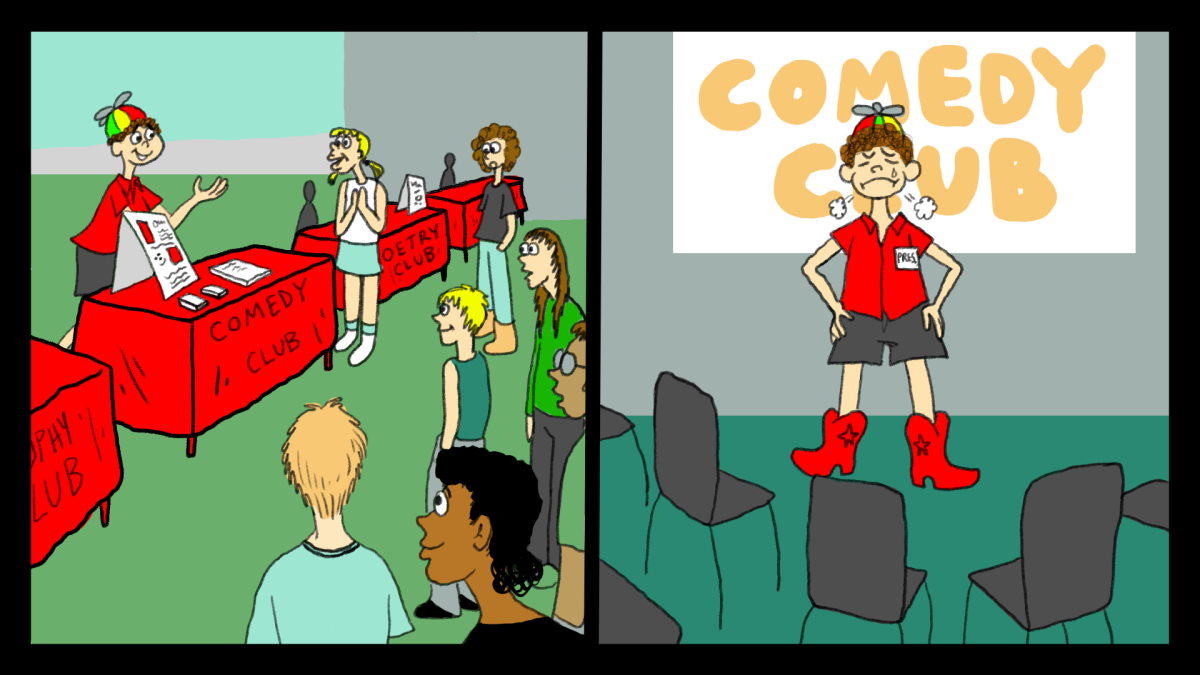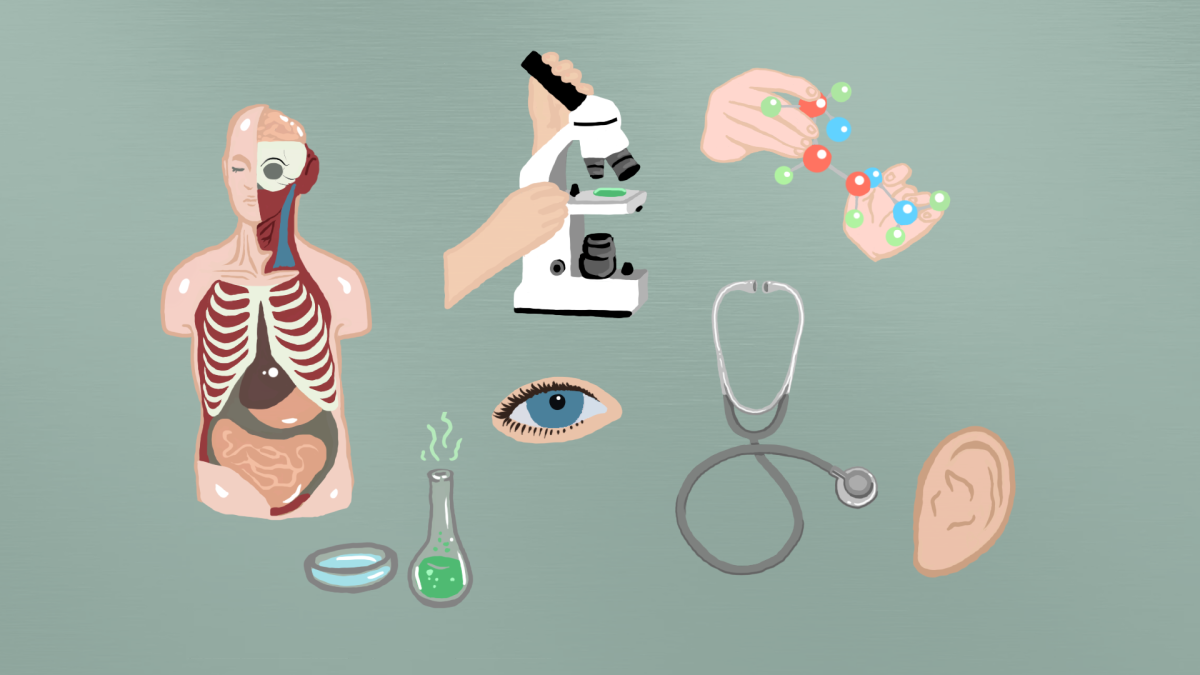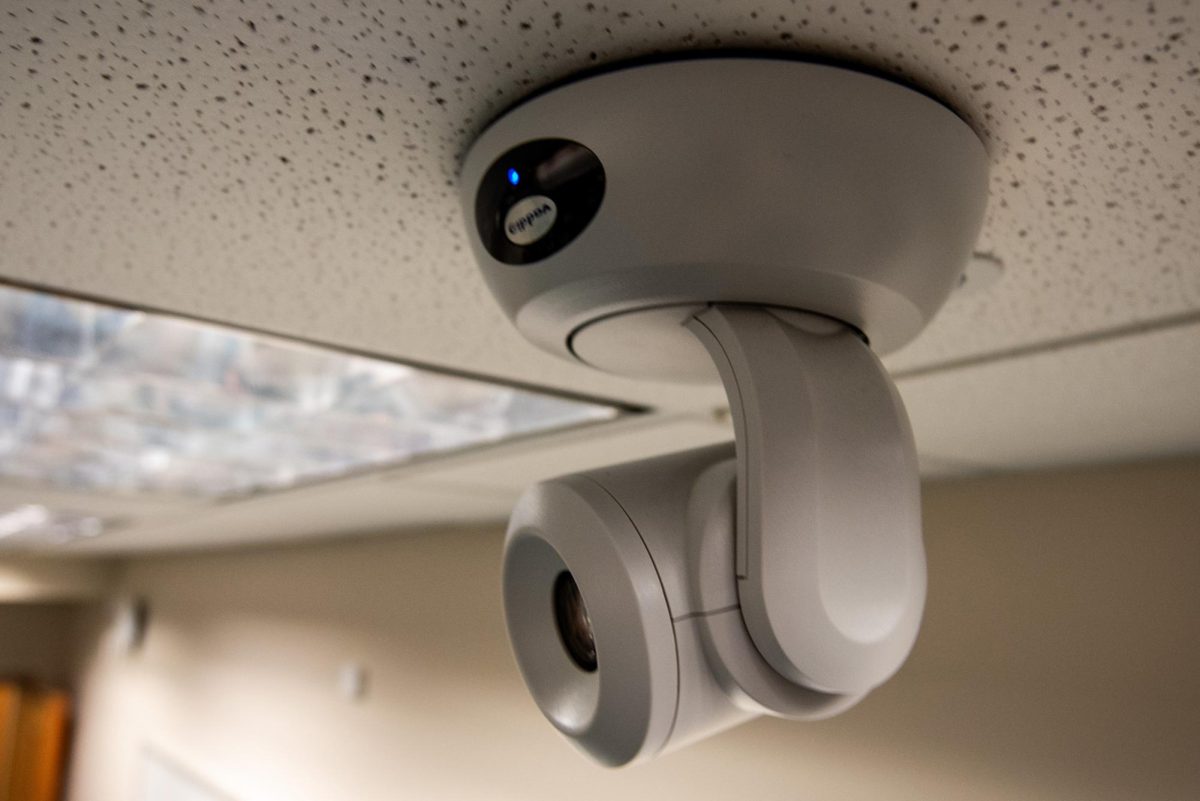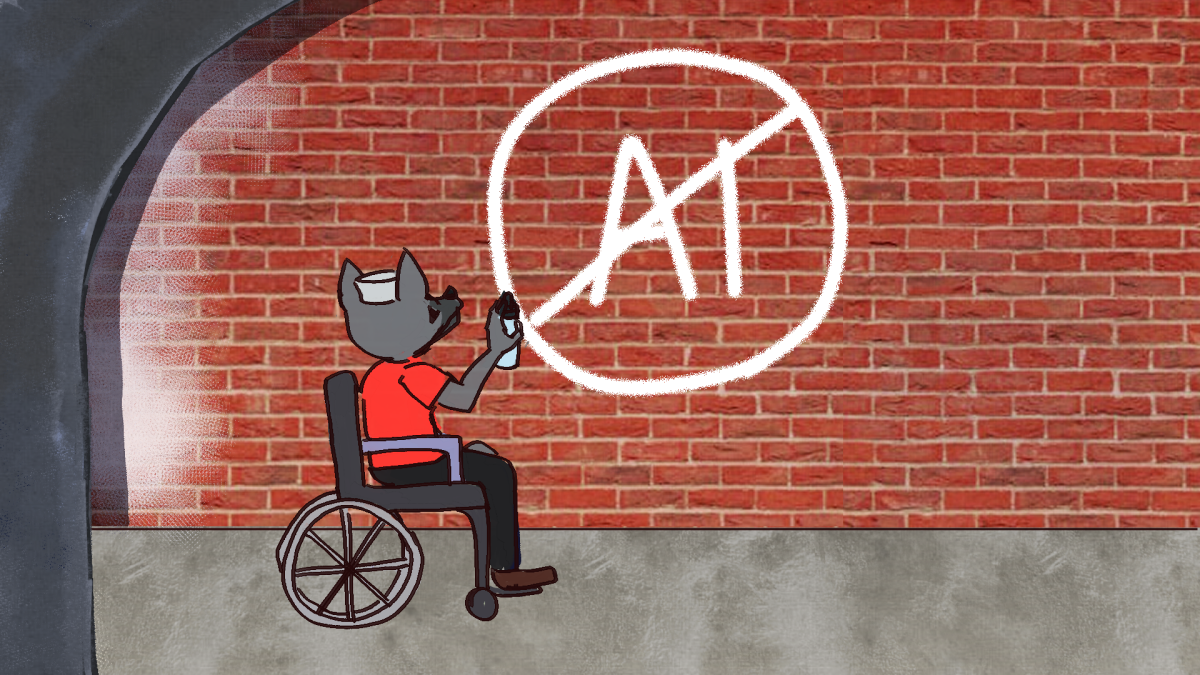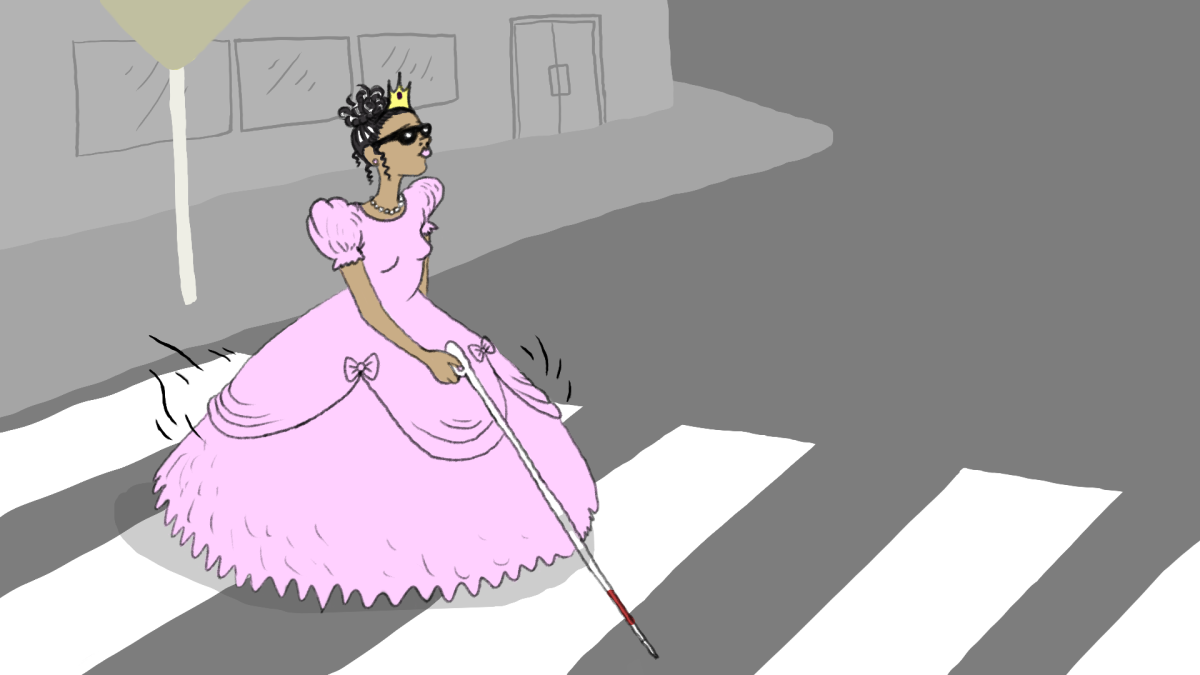There are two kinds of people in the world: morning people and everyone else. Morning people are generally associated with being go-getters and ambitious, while the rest of the world is referred to as lazy or passive.
Those of us who cringe at the thought of setting our alarm clocks at the crack of dawn, are not alone.
Paul Kelley, a sleep expert at Oxford University, conducted a study that shows that forcing staff to work before 10 a.m. is the equivalent of torture. He says that because of sleep deprivation, employees are more likely to become stressed, or even physically ill. Kelley instead suggests that employees begin work at 10 a.m. He argues that our society as a whole is sleep deprived.
According to an article published by the Telegraph, sleep deprivation “leads to exhaustion, anxiety, frustration, anger, impulsive behavior, weight gain, risk-taking, high blood pressure, lower immunity, stress and a raft of mental health conditions.”
Kelley says that there needs to be huge societal changes “to move work and school starting times to fit with the natural body clock of humans.”
This news is wonderful for those of us who have been made to comply with a society that does not favor our “alternative lifestyle.”
In grade school, we were all forced to be in class each and every day at the same exact, harrowing time. Many of us reveled at the prospect of gaining some control of our lives in college and having the freedom to choose when we start and finish our days.
Nonetheless, we have all been forced to enroll in a course that was offered at a less-than-desirable time, pulling ourselves out of bed to traipse around campus, barely able to keep our eyes open. While some temporarily rose to the occasion by bravely taking on the burdensome life of the early riser, others put forth a lackluster performance and did the bare minimum to pass the course.
College as a whole is an institution that thrives on sleep deprivation. I don’t know of any students who get a healthy amount of sleep consistently without it costing them academically or financially. And even though we have a small sliver of control in choosing our classes, in the back of our minds there is always this one lingering thought.
One day we won’t have as much control over when we rise and slumber.
In fact, many of us won’t have any control over the times we choose to wake up. We will be forced to come in at a certain time and generally be forced to leave at a certain time. Our jobs will mandate that we put forth quality work, when they ask for it.
If you’re hoping that one day you’ll miraculously become a morning person, think again. The Telegraph also created a poll asking users to choose the time that they would ideally like to begin work, the time ranged from 6 a.m. to “Can I stay in bed?”
Shockingly, 42 percent of voters said they would like to start work at 10 a.m. Only 12 percent are in favor of the typical 9 to 5. While an hour may only seem like a small factor, Kelley points out it is clearly significant.
It is hard to understand early morning people — those who happily and eagerly enroll in 8 a.m. courses. It’s one thing to have to go to work at 8 a.m., but to cheerfully enroll in a soul-sucking course when you could stay in bed for a few extra hours doesn’t seem like a hard choice.


